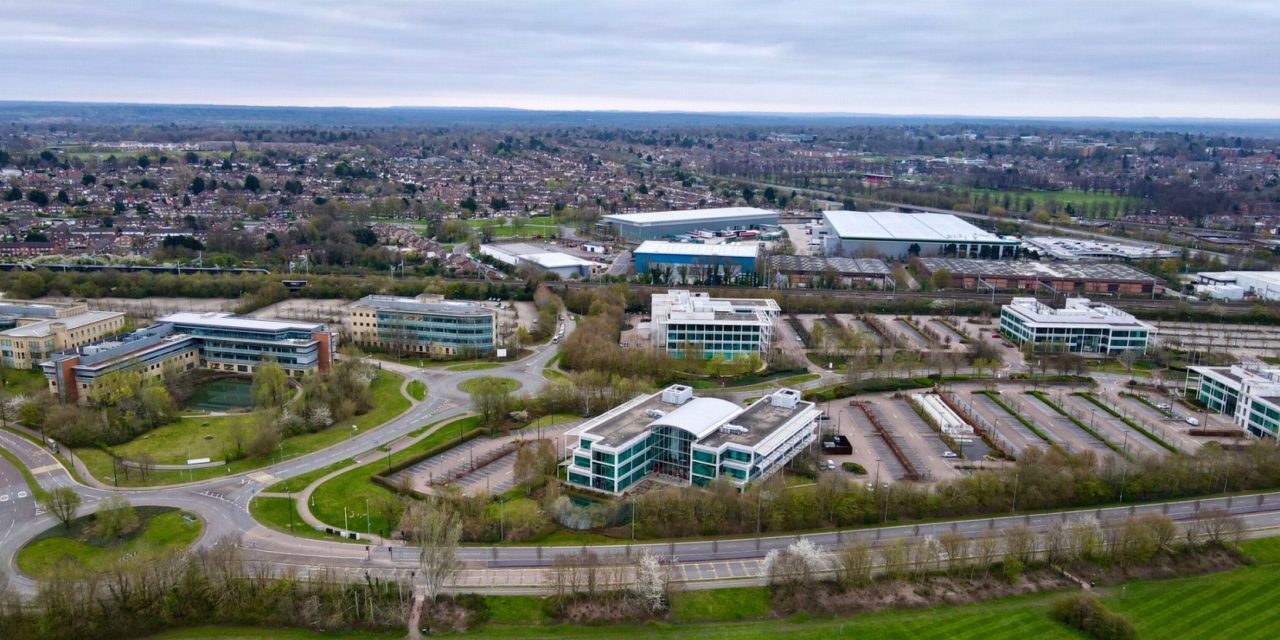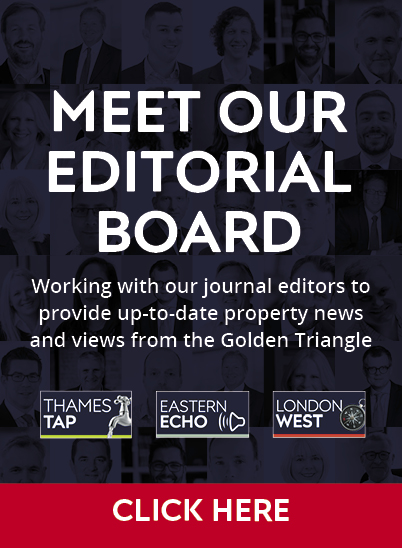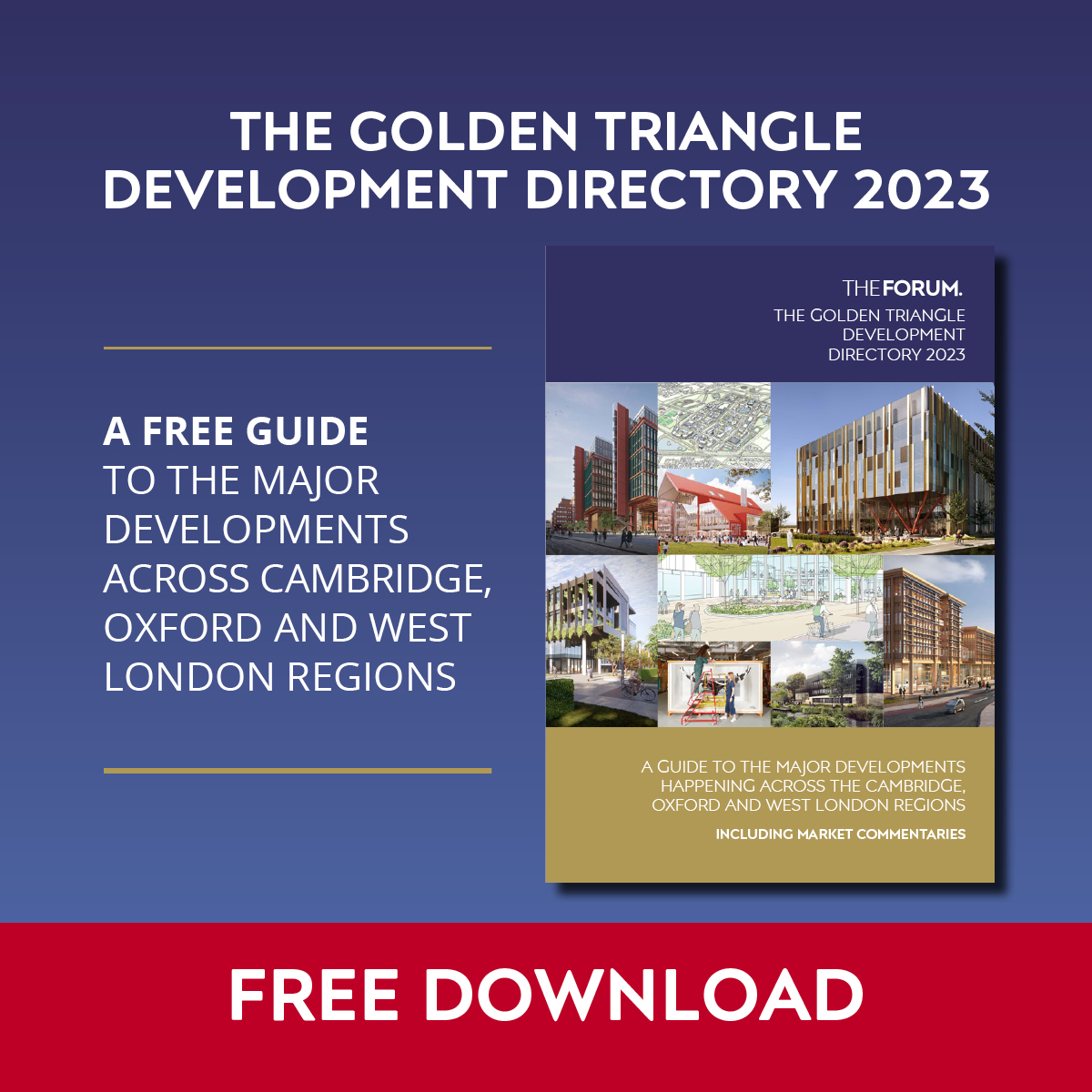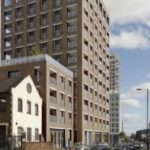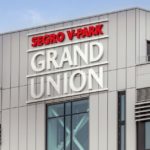Just as the Secret Footballer entertained in the national media for years, Thames Tap is offering property professionals the chance to speak out anonymously so they can express a view they could not express otherwise. In the first of this occasional series, our mystery guest questions the future of some of the region’s major business parks.
The criteria by which business parks are judged is changing. For many years it has been motorway accessibility and provision of on-site parking that has ensured a good placing in the hierarchy of Thames Valley business parks.
However, with remote working becoming more commonplace and with occupiers demanding access to amenities to help in their battle to attract and retain key staff, just having a car parking space outside your building no longer cuts it.
Of course, it has been recognised for years that onsite amenity is important but with disparate ownerships, it is often difficult to reach a consensus on who will be responsible for the cost of providing such shared amenities.
Public transport links have also become critical to a business park’s success and those boasting a station on site, such as Winnersh Triangle and Arlington Business Park at Theale, have fared well. The promise of an on-site station has also been used for some years by Green Park which has successfully attracted a number of occupiers in recent months and the promise will become reality when the Green Park Station opens later this year.
Some of the region’s business parks fared less well and have dropped so far down the business park hierarchy that it has called into question their long term viability and prompted the question of whether the time has come for alternative uses to be developed instead.
One such is Thames Valley Park on the eastern outskirts of Reading, once boasting the EMEA headquarters of such tech giants as Oracle, and Microsoft and playing host to other leading brands such as British Gas and Fujitsu.
However, British Gas vacated the park some years ago and its former buildings have lain mothballed and dormant ever since. And, just in the last week, Microsoft announced its plans to launch a search in central London for a new EMEA HQ.
Since the start of the pandemic, Oracle’s car parks have been almost empty of cars (it owns five buildings on the park) indicating that the company still manages to operate effectively without being based on site. More recently, Reading agent Vail Williams has reversed a decision taken some 20 years ago by announcing its return to the town centre.
With so many clearly voting with their feet, has the time not come to re-think the future of this park instead of just clinging in vain to the hope that with some clever marketing occupiers will be duped into leasing space?
Would it not now be more appropriate for planners and developers to take a more realistic approach and deliver either quality residential or, given its excellent motorway access, to simply create one of the region’s largest warehouse developments?
If you are in the property industry and interested in supplying an opinion we can publish in this column, email Alan Bunce at alan@ukpropertyforums.com
Image: Berkshire Live
© Thames Tap (powered by ukpropertyforums.com).
Sign up to receive your free weekly Thames Tap journal here.

